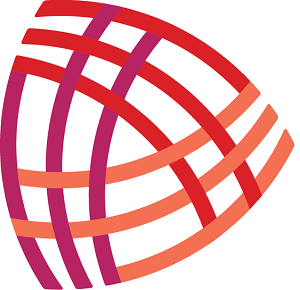Key initiatives
Key skilling and employment initiatives from the Victorian Government include the formation of the Victorian Disability Advisory Council (Premier of Victoria (2022), New Victorian Disability Advisory Council(opens in a new window), 3 August), which plays a key role in advising on the implementation of the Inclusive Victoria: State Disability Plan (2022–2026)(opens in a new window) (Premier of Victoria (2022), Breaking down the barriers for Victorians with disabilit(opens in a new window)y, 14 March).
The disability plan is the government’s strategy for improving employment outcomes and working conditions for people with disability by ensuring everyone has access to mainstream education that is accessible, inclusive and linked to employment outcomes. By delivering a TAFE Disability Inclusion Strategy, the government will improve disability inclusion and support access and achievement for all learners, ensuring that learners with disability have the resources necessary to make informed pathway decisions.
Giving vocational education and training (VET) practitioners the required knowledge and tools to support learners with disability is important. To do so, the VET Development Centr(opens in a new window)e delivers a range of professional learning workshops and webinars on teaching and learning strategies for a range of disabilities (such as notetaking for learners who are deaf or hard of hearing, and addressing specific learning differences in the classroom).
Through the TAFE Services Fund, the Victorian TAFE Network delivers a variety of services, including those aimed at supporting access, participation and completion into vocational education for priority cohorts such as learners with disability.
The government has also committed $7.3 million over four years to employ disability transition officers across the Victorian TAFE Network (Victorian Government, Transforming our specialist schools(opens in a new window)). The officers help learners with disability and additional needs access and transition more effectively into post-secondary education.
Free TAFE(opens in a new window) has been successful in removing financial barriers to training and giving learners with disability the confidence to take up education and training, or to re-engage. Since 2019, 13,371 learners with disability have commenced a Free TAFE course (Department of Education (2022), Victoria’s Free TAFE success(opens in a new window)).
A Centre of Excellence to support disability outcomes is being set up at The Gordon in Geelong, as part of the Building Better TAFE Fund. The centre will showcase leading education and inclusion practices and support employers to build their inclusion approaches for people with disability. The centre’s work will be taken up across the Victorian TAFE Network and inform VET practice more generally.
There is an opportunity to progress the government’s commitments in its recent inquiries into disability (such as the Inquiry into access to TAFE for learners with disability), Royal Commissions into Mental Health and Family Violence, and the Inclusive Victoria: State Disability Plan (2022–2026) to improve support for people with disability.
Specific and tailored supports for learners with disability will enable them to participate in training more effectively.
Recommendations
The Department of Jobs, Skills, Industry and Regions review the range of supports available for learners with disability across the vocational education and training sector and identify opportunities for improvement.
The Office of TAFE Coordination and Delivery works with the Victorian TAFE Network to set new accessibility and outcome standards for learners with disability.
Skills and Jobs Centres support Victorians with disability to access their services by developing targeted resources.
Updated

